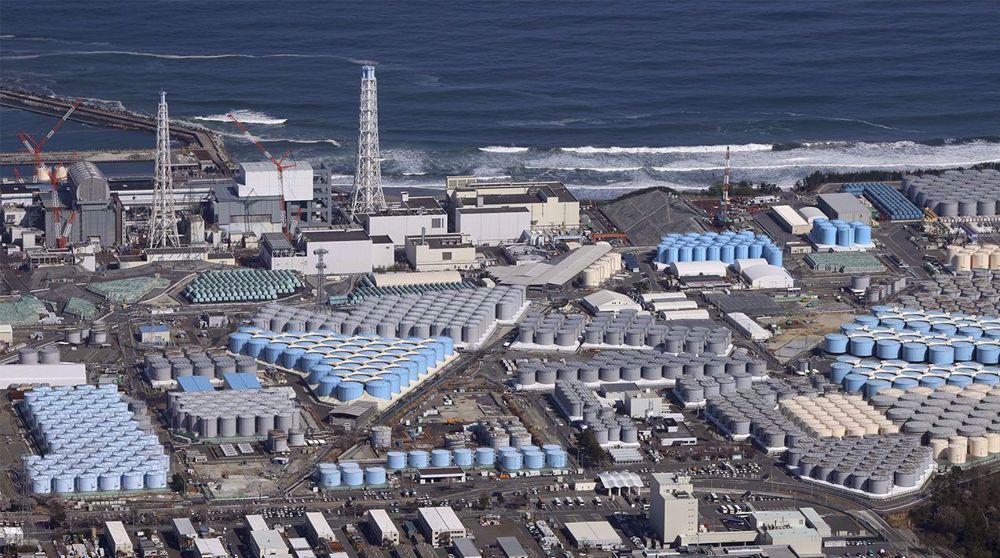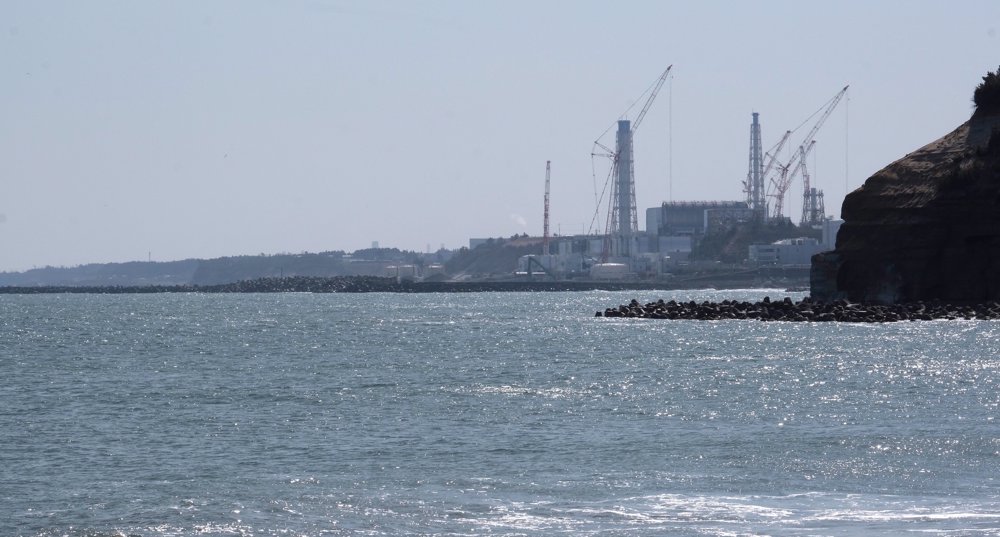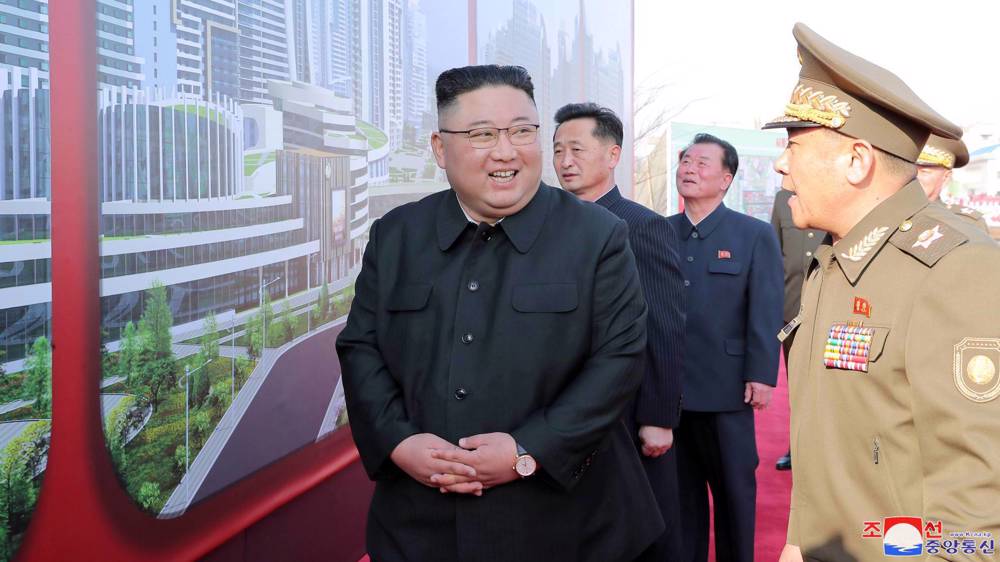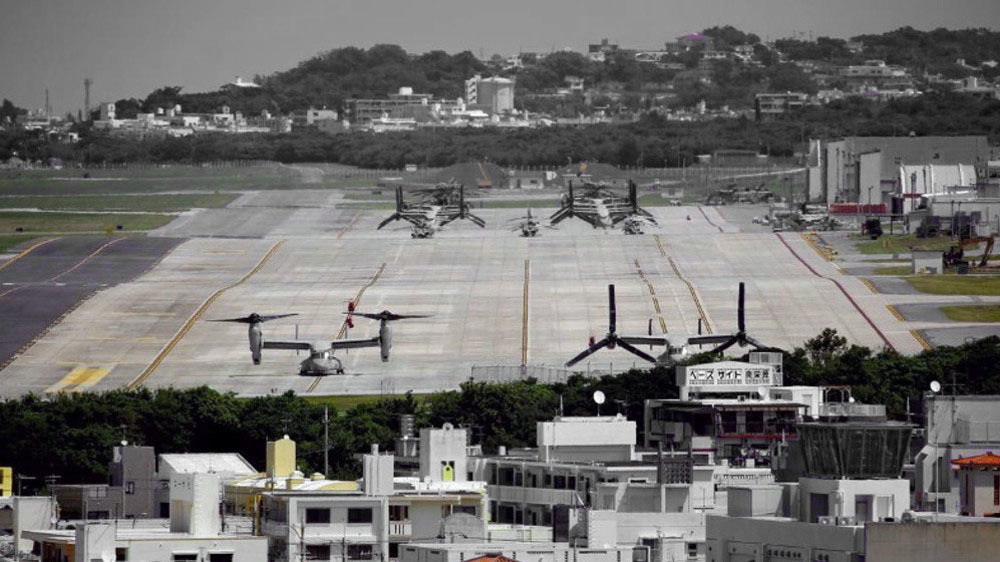Biden set to host Japanese PM in White House with China on agenda
US President Joe Biden is set to host Japanese Prime Minister Yoshihide Suga at the White House on Friday, in what will be his first meeting with a foreign leader since assuming office earlier this year.
The meeting between the two leaders comes amidst growing rift between Washington and Beijing and is seen as part of Biden administration’s attempt to strengthen alliances in the Indo-Pacific region.
Suga is expected to begin his visit by meeting US Vice President Kamala Harris at the Naval Observatory, followed by a private meeting with Biden at the White House, according to reports.
The new US administration has sought to reassert itself in the region where China under Xi Jinping is fast emerging as an economic and military power, posing direct challenge to the US.
Experts opine that Washington’s decision to withdraw troops from war-ravaged Afghanistan, where it has been engaged in a disastrous war for 20 years, indicates its shifting focus toward East Asia.
White House Press Secretary Jen Psaki Thursday admitted that when she said the “US approach to China and Washington-Tokyo shared coordination and cooperation on that front will be part of the discussion” between the two leaders.
The two sides are also expected to discuss other regional issues, including North Korea's nuclear program, Taiwan tensions and the Iran nuclear deal, according to reports.
Suga, who succeeded Shinzo Abe last September, before departing for Washington on Thursday told reporters that he aimed to build “a relationship of trust” with Biden.
The Biden administration may press the Japanese leader to issue a statement of support for Taiwan, which is surely going to ruffle feathers in Beijing.
Japan has for long taken a cautious approach in its relations with neighboring China.
However, during a visit by US Secretary of State Tony Blinken and US Defense Secretary Lloyd Austin to Tokyo recently, the new premier had called for “peace and stability” on the Taiwan Strait
Ahead of Suga's visit to US, Chinese Foreign Minister Wang Yi warned his Japanese counterpart in a call, asking it “not to get involved in the so-called confrontation between major countries,” according to a Chinese government readout.
An article in China’s state-run daily Global Times on Friday said “out of fear of a rising China, Japan had been tilting toward the US to help the form an anti-China alliance”.
“The US is keen on putting Japan on the front line of its Indo-Pacific strategy to confront China, especially on the Taiwan question; yet Tokyo is hesitating as tagging along behind Washington will also put Tokyo in the front line of China's counterpunch,” the article quoted Lü Xiang, a research fellow on US studies at the Chinese Academy of Social Sciences in Beijing, as saying.
President Yoon Suk Yeol to be removed from office
At least 19 Gazans killed by Israeli airstrikes since dawn: Medics
Leader: Iran neither has nor needs proxy forces
US fighter aircraft shot down ‘in friendly fire’ amid aggression on Yemen
Yemeni FM: Israel’s sponsors accountable for ongoing aggression on Sana’a
Eight Palestinians killed as Israel attacks Gaza school, hospitals
VIDEO | Rome, Milan host new protests in solidarity with Palestinians
Dec. 21: ‘Axis of Resistance’ operations against Israeli occupation















 This makes it easy to access the Press TV website
This makes it easy to access the Press TV website